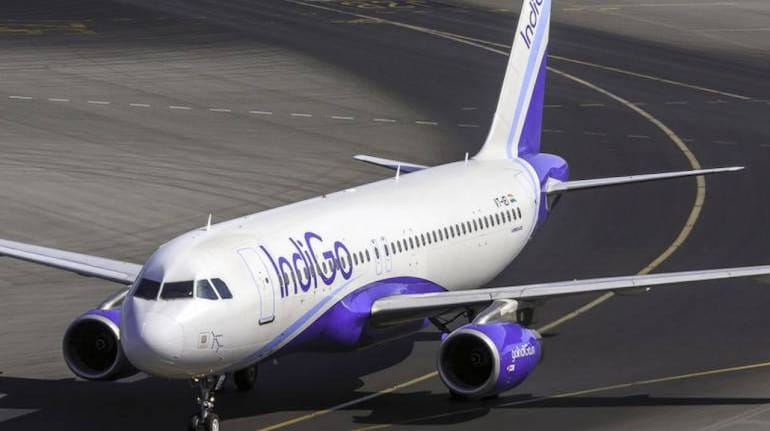
Two hours after receiving the note from CEO Ronojoy Dutta on July 20 on layoffs in IndiGo, the airline's pilots finally sighed with relief. They had escaped the guillotine.
Soon after Dutta's mail, which went to all IndiGo employees, the management conducted Zoom calls with pilots, according to their home bases. The moot message was that pilots won't be impacted by the layoffs that would see 10 percent of the employees in the country's largest airline losing their jobs.
"Each meeting lasted about 30 minutes. It was conveyed that pilots will retain their jobs. Even trainee pilots are going to be safe," said a senior executive from the industry.
Dutta had said that the layoffs were required to offset the decline in revenues because of the COVID-19 disruption. "And from where things stand currently, it is impossible for our company to fly through this economic storm without making some sacrifices, in order to sustain our business operations," the CEO had said.
As of March 2019, IndiGo had 23,531 employees on the company’s rolls comprising of 3,187 pilots and 6,248 cabin crew.
"This is just the start, and was inevitable. IndiGo may be the first to formally announce a layoff. Other airlines have already done so, though they package it as leave-without-pay," said a senior executive.
Interestingly, IndiGo is the only airline in the country that is sitting on a cash reserve. As on March 2020, the low cost carrier had a free cash of Rs 8,928.1 crore.
Another official from the industry warned that pilots may not be shielded for long. Data from industry regulator DGCA show that passenger traffic plummeted by over 80 percent in June, and things may not be much better in July. Airlines, including IndiGo, continue to operate only about a third of their capacity, even though government had raised the cap to 45 percent.
"Pilots will be impacted. Companies are taking one step at a time," says a senior industry official.
World-over, leading airlines - including Emirates and British Airways - have begun laying off pilots.
Pilots - the precious talent pool
Just before COVID-19 struck, airlines were competing to get as many pilots on board as they could. A large pool was available when Jet Airways got grounded in April 2019.
IndiGo alone hired over a 1,000 pilots in 2019, more than half of whom were from Jet Airways. In total, carriers from the country hired about 2,300 pilots in the year, up from 1,600 in 2018 and 1,200 in 2017.
Scarcity of pilots was such that IndiGo made a note of it in its 2019 annual report. Among the risks in its business was shortage of aviators:
"Our business requires us to attract and retain highly skilled, dedicated and efficient management personnel including pilots and experts
from other airlines globally. Any shortfall in availability of pilots or
our inability to hire, train or retain qualified employees can have adverse effect on our operations and our ability to grow," the airline had said.
The circumstances though have reversed dramatically in the past few months. Advisory firm CAPA India has estimated that over 200 of the 650 aircraft that Indian airlines fly may remain unused much of this year. IndiGo alone has a little over 260 planes.
This means that the industry, at present, has more pilots than it can use. "It's market forces at play," Shakti Lumba, an aviation veteran and former Executive Director, Airline Operations (Alliance Air), and Vice President, Ops (IndiGo), told Moneycontrol in an earlier interaction, on salary cuts.
"Market forces decide everything. Earlier, when demand exceeded supply, it resulted in unreasonably sky high salaries for pilots. Now the same market forces are effecting aviation adversely, including supply of pilots outstripping demand, resulting in salaries reducing to more reasonable levels," he said.
The next step could be layoffs, warn senior observers.
"The decision by IndiGo to lay off 10% of its staff is the beginning of a painful process for Indian aviation as things start to unravel from the impact of COVID-19. It will be impossible to survive this crisis without a strong balance sheet," CAPA India said in a statement on Twitter.
"Industry conditions are such that one or more airline failures appears inevitable. Airlines have limited options to turn to for funding except their promoters, given that third party investors will be reluctant to provide capital right now, and the government is unwilling to do so," it added.
Discover the latest business news, Sensex, and Nifty updates. Obtain Personal Finance insights, tax queries, and expert opinions on Moneycontrol or download the Moneycontrol App to stay updated!